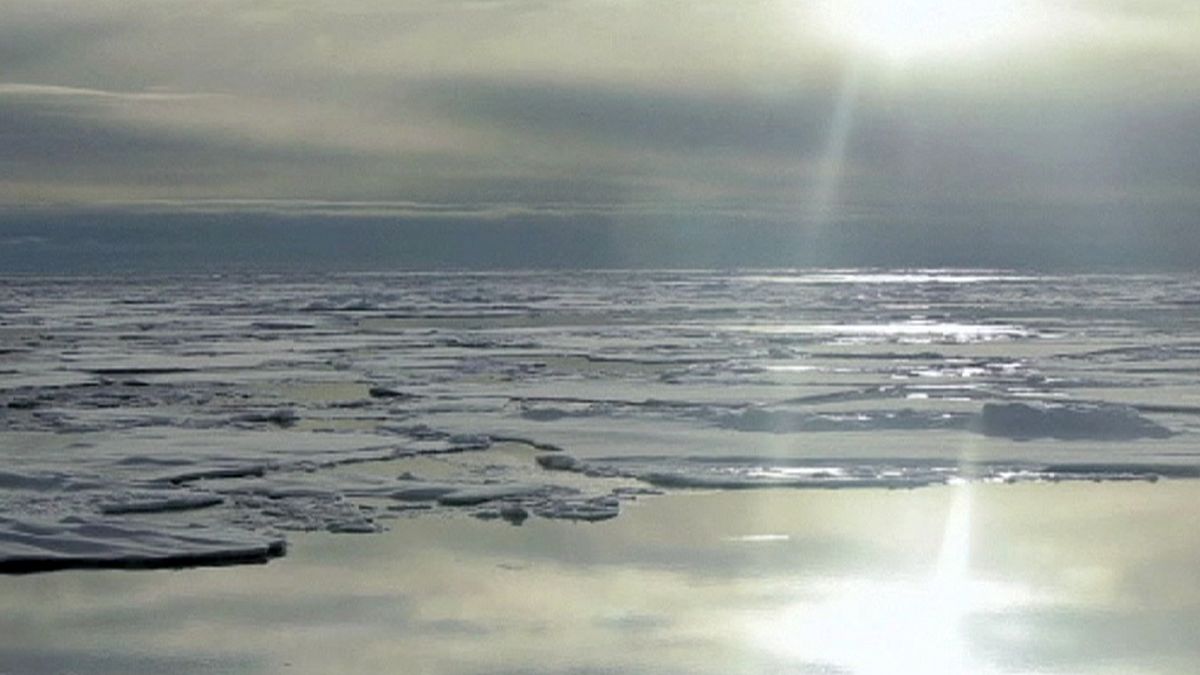Denmark lays claim to a 900,000-square kilometre area of the North Pole provoking fears that a breakdown in relations with other countries surrounding the Arctic could ensue
Little more than a week before Christmas, Denmark became the latest nation to make a formal claim on a section of the North Pole.
A claim to an area of the North Pole must be formally submitted to the United Nations within ten years of ratifying its Convention on the Law of the Sea.
Interest in the region has grown over recent years with the gradual melting of polar ice caps opening up possible access to untapped energy sources.
A study commissioned by the US government suggests that some 30 percent of Earth’s undiscovered gas and 13 percent of its oil may lie in the Arctic.
But the shifting ice could also provoke a shift in diplomatic relations.
Martin Lidegaard, Denmark’s Foreign Minister attempted to abate worries about the potential legal and political consequences of the 900,000-square kilometre claim.
“We are in no way going beyond what the technical or scientific data tells us. And I’m not worried that this will be regarded as an act of agression by any states,” he said.
However, European diplomats are worried relations between the states surrounding the Arctic could disintegrate. Russia, Canada and Norway have each laid claim to parts of the region. Some of these demands could potentially overlap with the Danes’ request.
Moscow is openly pushing to build a new military base in the Arctic.
Per Stig Møller, the former Foreign Minister of Denmark spoke of possible solutions to issues of overlap.
“The Russians and Canadians will make their claims, and over a number of years these will be investigated. If there is an eventual overlap where countries are claiming rights to the same territory, then we’ll have to negotiate an agreement bilaterally,” he explained.
Currently all national borders end 200 nautical miles from their Arctic coasts.
Denmark says it has conducted research proving a 2,000-kilometre long continental ridge under the Arctic originates from the Danish territory of Greenland and therefore belongs to Denmark.
